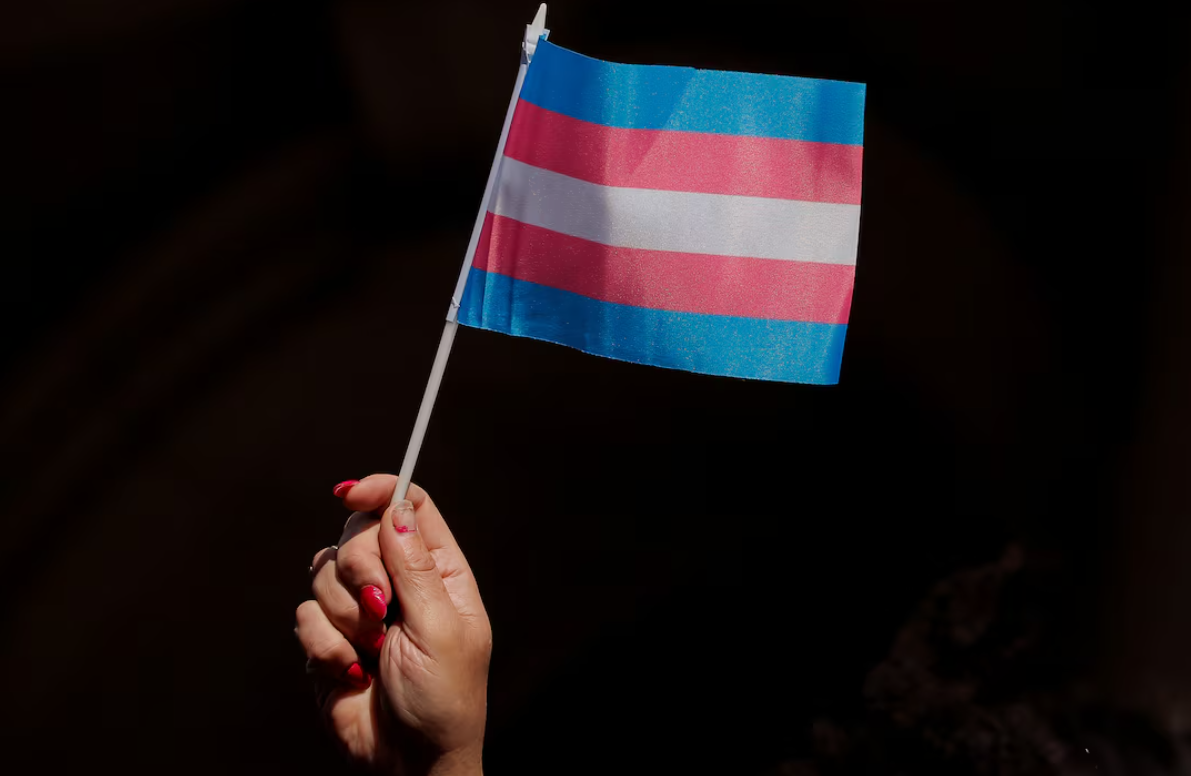This semester, 30 students at Brigham Young University are enrolled in “Ms. Americana: Taylor Swift on Ethics and Society,” a political philosophy course taught by self-proclaimed Swiftie and philosophy professor Ryan Davis. According to the course description, Davis and his students will study Swift’s song lyrics through a philosophical lens.
It sounds fun. And I’m a little jealous. Not because I wish there was a Taylor Swift class when I was at BYU. I hate to age myself, but when I was there, Swift was still performing country music and maybe that song about wearing T-shirts and sitting in the bleachers. There wouldn’t have been enough material for a semester-long philosophy course.
And even if I could somehow bend space and time to be a BYU student in 2024 — the era of Swift’s pop-culture juggernaut status, with 10 albums of study material — the course would not be for me. I’m one of seven people left on Earth who is neutral on the pop singer, and it would be unfair for me to take the seat of a dyed-in-the-wool Swiftie.
What makes me jealous is the existence of a class like the one taught by Davis — the sense of immediacy and relevance for the students enrolled. It’s a class that could have real-world application, even if it’s only a fresh angle to bring to Taylor-adjacent conversations at parties.
I loved my university education and the things I learned at BYU, but not a lot of people at social functions are super interested in hearing about the history of British literature or the post-colonialism themes in “Heart of Darkness.” And I haven’t found a ton of real-world applications for the things I learned in my years of studying for an English degree, other than, you know, my job as a writer.
So I just kind of wish there had been some classes with less esoteric and more practical knowledge that I could have taken to supplement my academic know-how with some everyday know-how.
When I do manage to bend space and time and return to life as a college student, these are the sorts of courses that I hope will be offered.
The thousands of vents in your home and how to clean them
One of the most alarming and unwelcome discoveries of home ownership is the ubiquity of vents. Everything has a vent. And guess what — all those vents need to be cleaned. What happens if you fail to clean those vents regularly? From what I can gather, your house burns down. So how do you know how to clean them? When the vent starts to smell weird, you search frantically on YouTube until you find a suburban dad’s channel and fast forward through the 20-minute intros until you finally get to the vent-cleaning tutorials.
I would much prefer a course where we studied the user manuals for hair dryers, clothing dryers, microwaves and duct systems until we mastered the cleaning protocols and turned in an Excel sheet with a cleaning schedule for our final exam.
Driving on ice 101
I’m not the only one who would benefit from this class. During my time as a Coug, I lived in a house on a main road just short of the BYU campus. One morning after a snowstorm, my roommates and I sat and watched the road and saw five different drivers lose control of their vehicle and collide with a snowbank.
No one knows what to do when their car stops responding to the steering wheel or the brakes. We probably covered it in driver’s ed, but it’s really just a matter of luck and adrenaline when I, or anyone, manages to drive on ice unscathed. I would appreciate a course that actually teaches me what to do when the wheels start slipping.
Small talk for beginners
This one might actually be just for me, but I have never walked away from a small-talk conversation feeling like I did anything other than embarrass myself. I am constantly fighting for my life trying to keep the conversation from stalling out but also not saying anything off-putting. I have yet to win that fight. I inevitably find myself making an excuse to walk away from the conversation two minutes after it started or asking who the other person voted for in the most recent presidential election.
This course would be a painful but necessary one, with lots of role-play opportunities and a thick textbook that covers what is appropriate to ask someone you just met at an acquaintance’s gathering or on a ski lift — and what isn’t.
I’d also appreciate courses on which tax forms I need every year, and how to schedule my sprinkler system.
Maybe these classes are already offered and I missed them in the course catalog. Maybe everyone else has been able to pick up on these practical life skills in their actual, practical life. But there have to be at least tens of us who could have benefited from a “How to live your life” class.
Just something to think about for the coming semesters.




